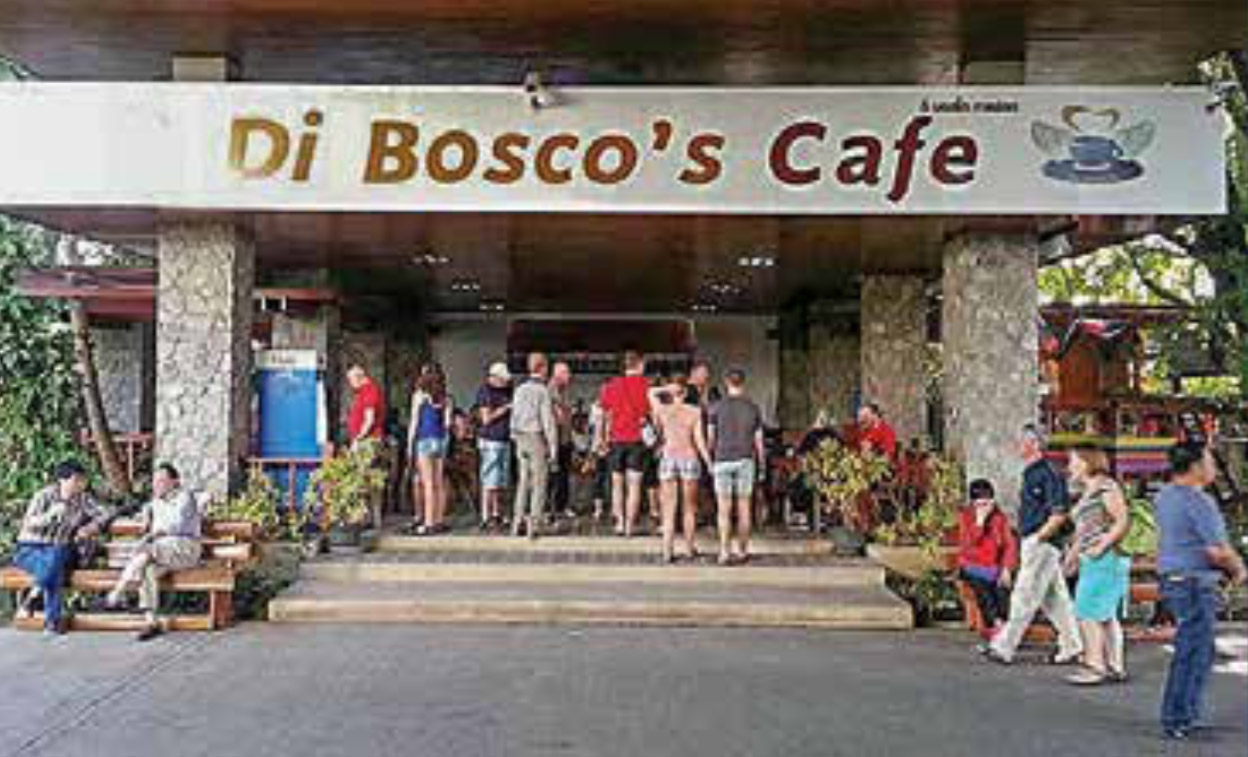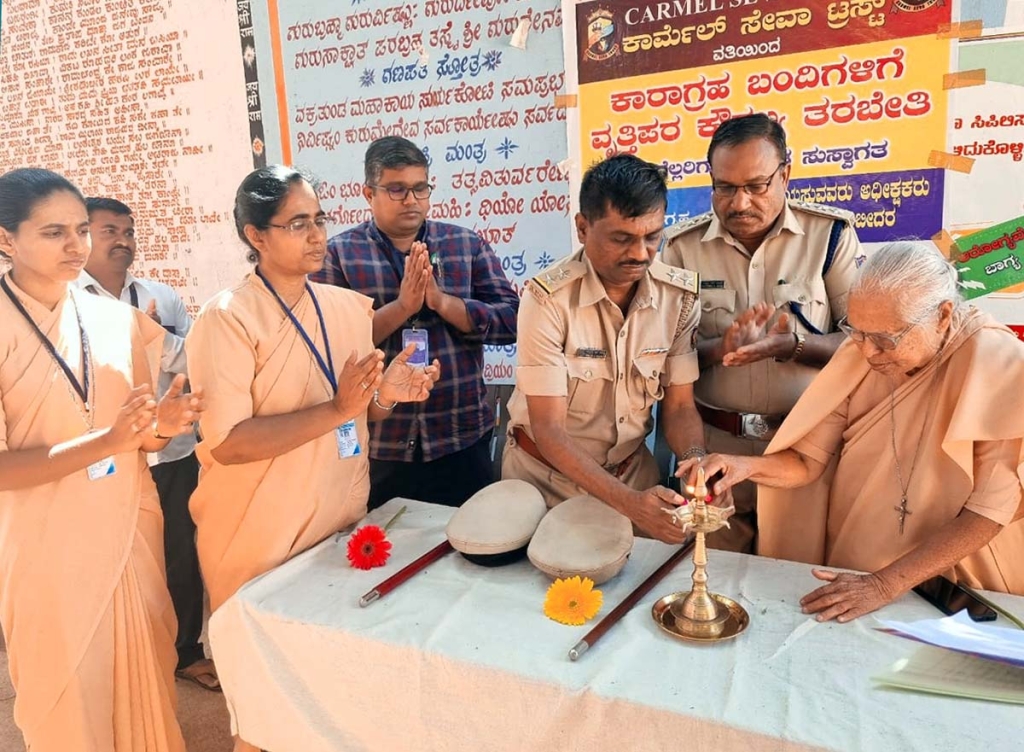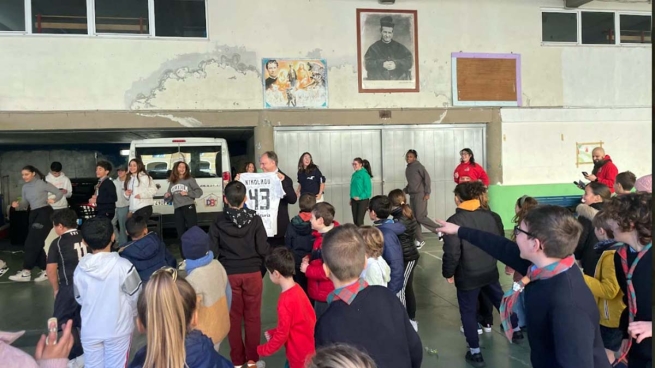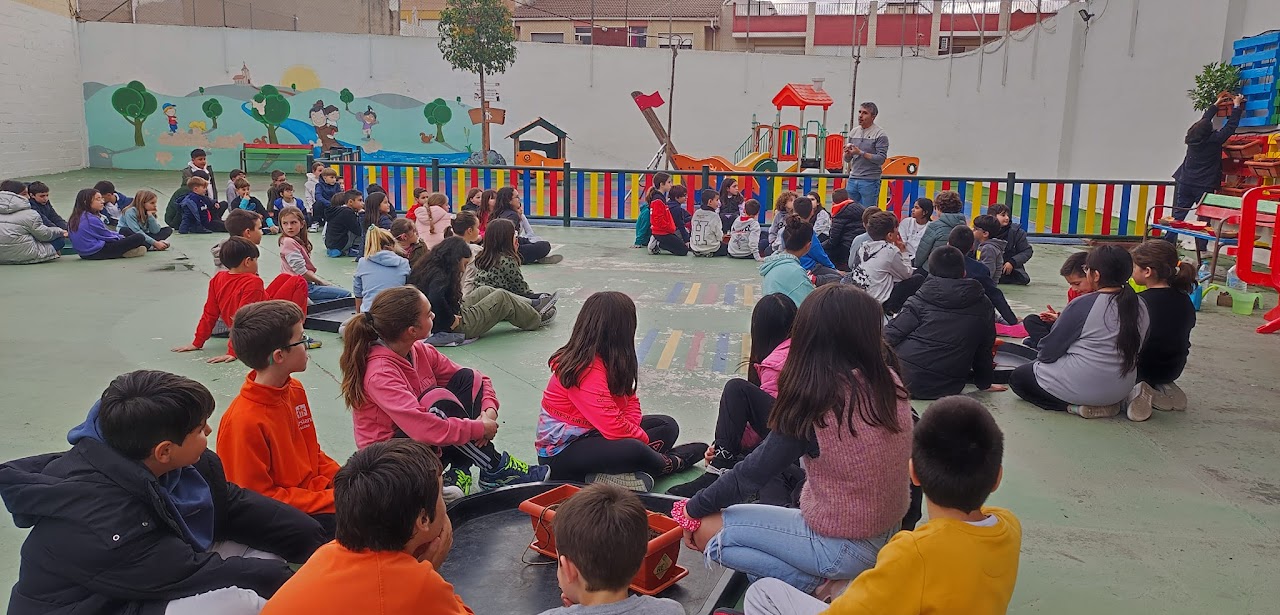THAILAND: DiBosco Coffee launched by Salesian graduate is helping youth learn coffee production skills and enter the workforce

(MissionNewswire) DiBosco Coffee, located in Chiang Mai, Thailand, is the project of Mr. Phaisan who graduated from Don Bosco Technical School in Bangkok 20 years ago. Since then, Phaisan has focused his life on the three things he loves most – coffee, serving the poor and supporting Don Bosco initiatives. Today, Phaisan is operating DiBosco Coffee in an effort to help youth in need.
DiBosco Coffee offers short courses that train youth in coffee production and then employ them at the DiBosco Coffee business. Phaisan explains, “We control the whole process from coffee trees through to the table, from harvesting to roasting and brewing. We control each process with machines and the human skills of our team, ensuring consistent quality. Our products have been recognized by five-star hotels, cafes and movie theatres.”
To launch the project, Phaisan traveled to Italy. Beginning with a pilgrimage to Becchi and Valdocco, he then traveled to Florence to obtain a international coffee specialist certificate. DiBosco Coffee has grown into a global brand from its start as a single outlet on the outskirts of Chiang Mai. Currently, there is an additional location in Thailand as well as outlets in New Zealand and England.
“Salesian missionaries and those supporting the mission know the local economy and develop strategic educational programs and partnerships to help educate poor youth in high-demand employment sectors,” says Father Mark Hyde, director of Salesian Missions, the U.S. development arm of the Salesians of Don Bosco. “Salesian programs aim to provide youth with the technical education needed to find and retain long-term employment in order to help them break the cycle of poverty and contribute back to their families and communities.”
Thailand has shown considerable economic growth over the last 20 years, reducing its poverty rate from 21 percent in 2000 to 10.9 percent today, according to the World Bank. Although the country has made strides in reducing poverty, improving nutrition and meeting the basic needs of its residents, inequality is still pervasive.
One of the more marginalized groups in the country is people with disabilities. Men, women and children with disabilities have been cast aside and perceived as incapable of engaging in meaningful work and leading productive lives. Often those with disabilities, particularly those with visual impairments, are kept out of school and denied an education. As a result, their future employment prospects are diminished and the cycle of poverty continues.
Salesian programs across Thailand focus on education and workforce development in partnership with social development services that work to meet the basic needs of youth and their families living in poverty. Nearly 1,000 students attend each of the Salesian Professional Training Centers in Thailand. These centers mostly focus on students who have performed poorly in more traditional schools or have learning challenges. Those who graduate from the Salesian training courses are typically able to find immediate employment because the programs taught are tailored to meet local demand.
###
Sources:
Australia-Pacific Province Salesian Bulletin Summer 2018
World Bank – Thailand




